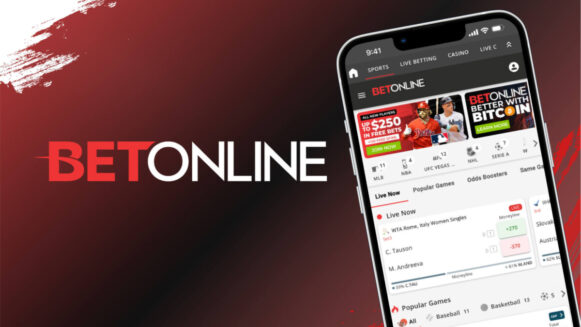
Unlocking Excitement: Real-time Rewards as You Play
The gaming landscape is continuously evolving, and one of the most exciting trends reshaping it is the integration of Real-time rewards as you play https://me88-sg.com/ms/. This approach creates a dynamic interaction between players and the game, offering instant gratification that enhances the gaming experience. In this article, we will explore the concept of real-time rewards, their benefits, and their impact on player engagement and satisfaction.
The Concept of Real-time Rewards
Real-time rewards refer to the immediate benefits or incentives that players receive as they progress through a game. These rewards can include points, power-ups, upgrades, new levels, or in-game currencies that are given to players instantly rather than at the end of a session or level. This instant feedback mechanism taps into the human psychological response to reward, a theory deeply rooted in behavioral psychology.
Why Real-time Rewards Matter
Implementing real-time rewards can significantly enhance the player experience for various reasons:
- Instant Gratification: Players enjoy the feeling of achievement. Real-time rewards give them a sense of accomplishment immediately, which can enhance their overall gaming experience.
- Increased Engagement: When players are rewarded as they play, they are more likely to stay engaged with the game. Continuous rewards motivate players to keep playing and improve their skills.
- Behavior Reinforcement: Players are more likely to repeat engaging actions if they receive immediate rewards, leading to a more fulfilling gaming experience.
- Competition: Real-time rewards can foster a sense of competition among players. Players are encouraged to outperform one another to earn more rewards and prove their skills.
Types of Real-time Rewards
There are various types of real-time rewards that game developers can incorporate into their games:

- Experience Points (XP): Many games award XP for completing tasks or defeating enemies. This XP contributes to leveling up, which unlocks new content or abilities.
- Virtual Currency: Players might earn in-game currency that they can use to buy new items, skins, or upgrades, further enhancing their experience.
- Power-ups: Instant boosts that can help players in specific situations are popular in many games. These could be anything from extra lives to temporary invincibility.
- Achievements and Badges: By recognizing a player’s accomplishments in real time, games can provide a sense of status and belonging to a community.
- Gifts and Bonuses: Surprise rewards given randomly during gameplay can enhance a player’s experience and keep them coming back for more.
Implementing Real-time Rewards: Best Practices
For game developers and designers, implementing real-time rewards effectively is key to maximizing player satisfaction. Here are some best practices:
- Keep Rewards Meaningful: Ensure that the rewards provided are relevant and valuable to the player. Empty rewards may lead to player disengagement.
- Balance Difficulty and Reward: The challenges in the game should be appropriately matched to the rewards given. A well-balanced game keeps players motivated to improve.
- Use Feedback Mechanisms: Integrate sound effects, visual cues, and animations to enhance the experience when a reward is given, making the moment more satisfying.
- Encourage Exploration: Design rewards that encourage players to explore and engage with different aspects of the game rather than following a linear path.
- Monitor Player Engagement: Use analytics to track how players respond to rewards, allowing for adjustments and improvements based on player behavior.
The Impact of Real-time Rewards on Player Communities
The introduction of real-time rewards has fostered vibrant player communities. Players frequently share their achievements, hinting at a collective experience that deepens their connection to the game. Forums, social media, and streaming platforms often serve as places for players to showcase their rewards and discuss strategies, further amplifying the sense of community engagement.
Challenges in Real-time Reward Systems
While real-time rewards offer numerous benefits, they also pose certain challenges:
- Reward Fatigue: Players may become desensitized to rewards if they are given too frequently or are perceived as insignificant.
- Pay-to-Win Concerns: In games with monetary rewards, players might worry about fairness and balance if those who spend money gain access to better rewards.
- Game Balance: Developers need to ensure that the implementation of rewards doesn’t disrupt the game’s balance or integrity.
- Long-term Retention: While real-time rewards can boost initial engagement, sustained player retention requires ongoing updates and fresh content.
Conclusion: The Future of Real-time Rewards in Gaming
As the gaming industry continues to innovate, real-time rewards are likely to become even more sophisticated and integral to gameplay. By fostering engagement, enhancing satisfaction, and building robust player communities, real-time rewards can revolutionize the gaming experience. As developers prioritize player feedback and adapt to changing needs, the future looks bright for those who embrace this powerful trend.